EIDD-2801 shows efficacy against COVID-19 in human cells and mice
Posted: 7 April 2020 | Hannah Balfour (Drug Target Review) | 9 comments
Collaborators have shown that the broad spectrum oral antiviral EIDD-2801 could be a potential prophylactic or therapeutic for COVID-19 and other coronaviruses.
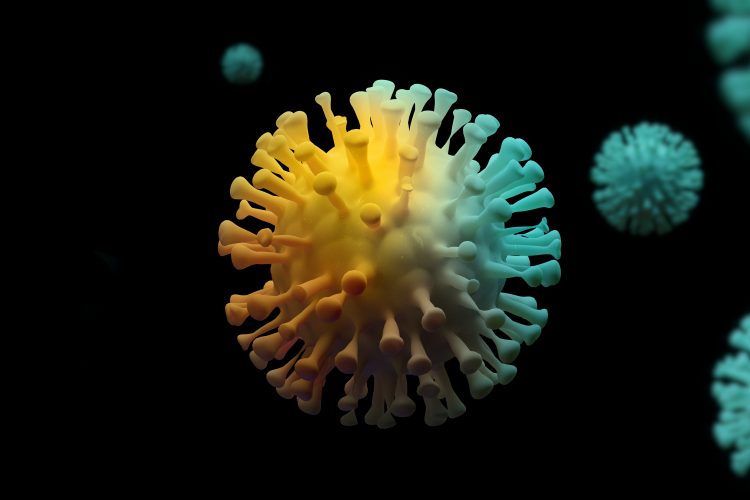

Researchers have demonstrated that EIDD-2801, an oral antiviral drug, can be used as either a prophylactic or a therapeutic for SARS-CoV-2, the coronavirus causing the COVID-19 pandemic. The drug also showed efficacy against related coronaviruses SARS-CoV and MERS-CoV.
Collaborators from the University of North Carolina at (UNC-) Chapel Hill Gillings School of Global Public Health, Vanderbilt University Medical Center (VUMC) and the Emory Institute for Drug Development (EIDD), all US, tested EIDD-2801 in both mice and cultured human lung cells infected with the various coronaviruses. Their findings were published in Science Translational Medicine.
EIDD-2801 is similar to remdesivir; both drugs work by mimicking ribonucleosides – the primary components of RNA molecules – causing debilitating errors when the drugs are incorporated into viral RNA during replication, preventing the spread of the virus. However, scientists suggest EIDD-2801 may have some advantages.
According to the team, when EIDD-2801 is used as a prophylactic it can prevent severe lung damage in infected mice. It also reduced the viral load and weight loss in mice when given as a treatment between 12 and 48 hours after infection began. Although a small therapeutic window, the researchers suggest this will be larger in humans as there is a longer period between coronavirus disease onset and death is generally extended in humans compared to mice.
“This new drug not only has high potential for treating COVID-19 patients, but also appears effective for the treatment of other serious coronavirus infections,” said study senior author, Ralph Baric, Distinguished Professor of epidemiology at UNC-Chapel Hill Gillings School of Global Public Health.
EIDD-2801 is an orally available form of the antiviral compound EIDD-1931, which the researchers said makes this treatment more desirable, especially as a prophylaxis that can be administered outside of a clinical setting, than other potential COVID-19 treatments – such as remdesivir – that must be administered intravenously.
“We are amazed at the ability of EIDD-1931 and -2801 to inhibit all tested coronaviruses and the potential for oral treatment of COVID-19,” said Andrea Pruijssers, the lead antiviral scientist in the Denison Lab at VUMC.
Mark Denison, Edward Claiborne Stahlman Professor of pediatrics at VUMC, was senior author of a December 2019 study that first reported that EIDD-1931 blocked the replication of a broad spectrum of coronaviruses. In a new study, Maria Agostini, a postdoctoral fellow in the his lab, demonstrated that viruses that show resistance to remdesivir experience higher inhibition from EIDD-1931.
“Viruses that carry remdesivir resistance mutations are actually more susceptible to EIDD-1931 and vice versa, suggesting that the two drugs could be combined for greater efficacy and to prevent the emergence of resistance,” said George Painter, Chief Executive Officer of the non-profit DRIVE (Drug Innovation Ventures at Emory) and director of the Emory Institute for Drug Development (EIDD).
Clinical studies of EIDD-2801 in humans are expected to begin later this spring. The researchers hope that if the drug is successful it may be used in both the COVID-19 pandemic but also in controlling other coronavirus outbreaks in future.
“With three novel human coronaviruses emerging in the past 20 years, it is likely that we will continue to see more,” said first author Timothy Sheahan, a Gillings assistant professor of epidemiology and a collaborator in the Baric Lab. “EIDD-2801 holds promise to not only treat COVID-19 patients today, but to treat new coronaviruses that may emerge in the future.”
Related topics
Cell Cultures, Drug Development, Drug Targets, Research & Development, Therapeutics
Related conditions
Coronavirus, Covid-19
Related organisations
DRIVE (Drug Innovation Ventures at Emory), Emory Institute for Drug Development (EIDD), University of North Carolina at Chapel Hill, Vanderbilt University Medical Center (VUMC)
Related people
Andrea Pruijssers, George Painter, Ralph Baric, Timothy Sheahan




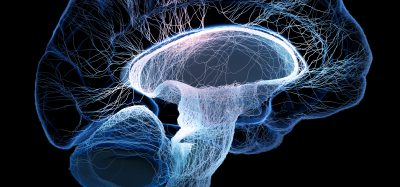
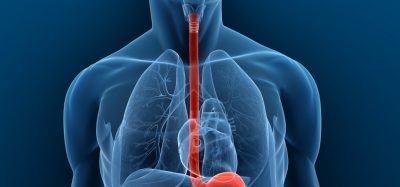
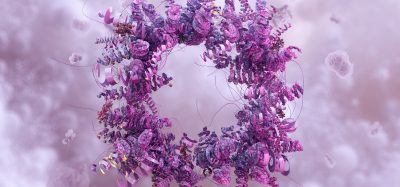
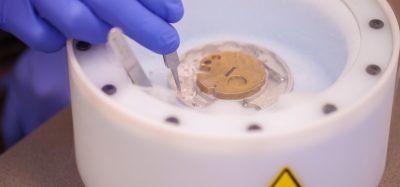

Thank you
Would this drug be more effective if it were use in inhalation?
So many people have worked in whysolate to find a medical remide
The updated information is appreciated. The mode of action of the drug(s) is clearly presented. We hope human testing proceeds without delay.
hope this research will show positive result
This medicine working
You have to wonder if and when something that breaks viral DNA will go on to break human DNA.
Just throwing that out there.
When will the medicine EIDD2801 will be avaiable for human consumption?
What are the most recent findings of clinical trials of EIDD-2801. Haven’t heard anything since April.